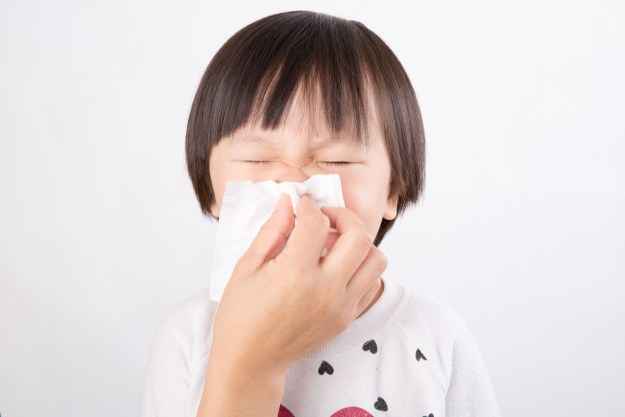
You may not be familiar with the term “food obsession,” but you may be experiencing it in your own home. Does your child eat out of boredom, or do they eat portions that are clearly too much? Is your toddler obsessed with food throughout the day or when you’re on the go? These are all signs child may be developing an unhealthy relationship with food.
A food obsession can be setting your child on the road toward an eating disorder later in life. If you think your child has a compulsive eating habit, learn how to identify it, use at-home methods to stop the food obsession, and know when to see a doctor.
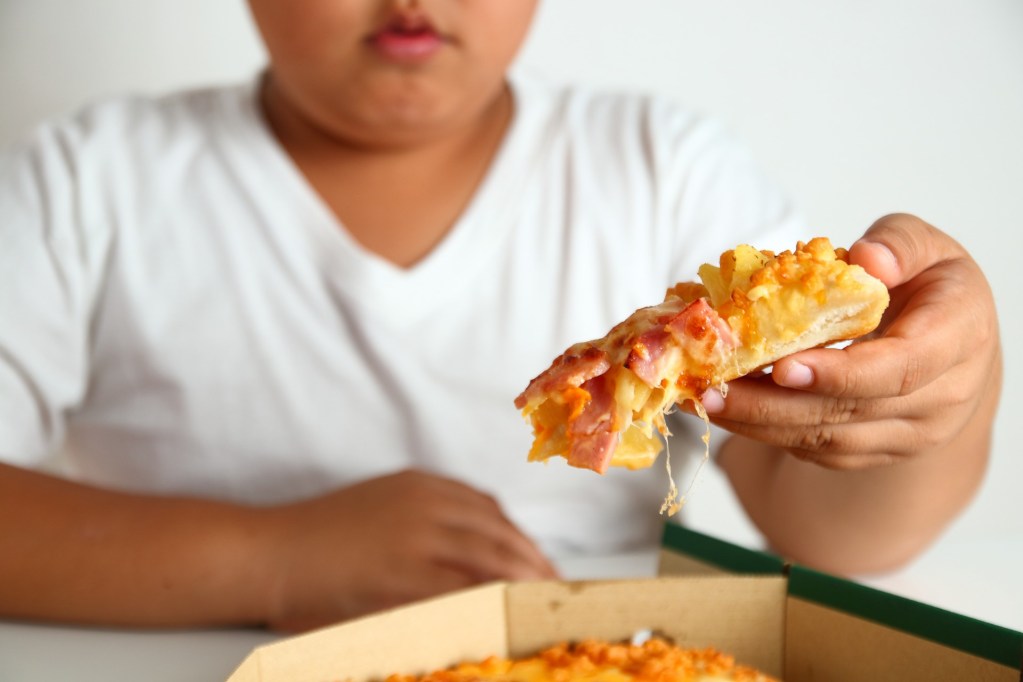
What is food obsession?
Although a food obsession can mean a few different things. In general, it equates to compulsive eating. Compulsive eating is seeking out food when you’re not hungry or when you’re bored. This unhealthy eating habit can develop as a result of anxiety, depression, or stress. Sometimes, people eat when they’re bored. Food obsession isn’t just something that happens to kids. It can happen to anyone, including adults, and can be a difficult habit to break.

How do I identify food obsession?
The best way to identify food obsession in your child is to pay closer attention. Signs your child might be a compulsive eater can range from eating giant portions to looking for sweet treats after a particularly stressful day at school. If children ask for food an hour or two after a meal, they might just be bored and in need of a distraction. Getting kids involved in activities like sports or dance is a good way to get them out and away from the snacks.
On the extreme end of food obsession is eating disorders. The three main types of eating disorders are bulimia, anorexia, and binge eating. Although there are many causes for weight gain and weight loss, a food obsession is one of them. As a parent, you’ll need to make sure you’re watching out for the warning signs. Food issues can begin as early as the toddler years.
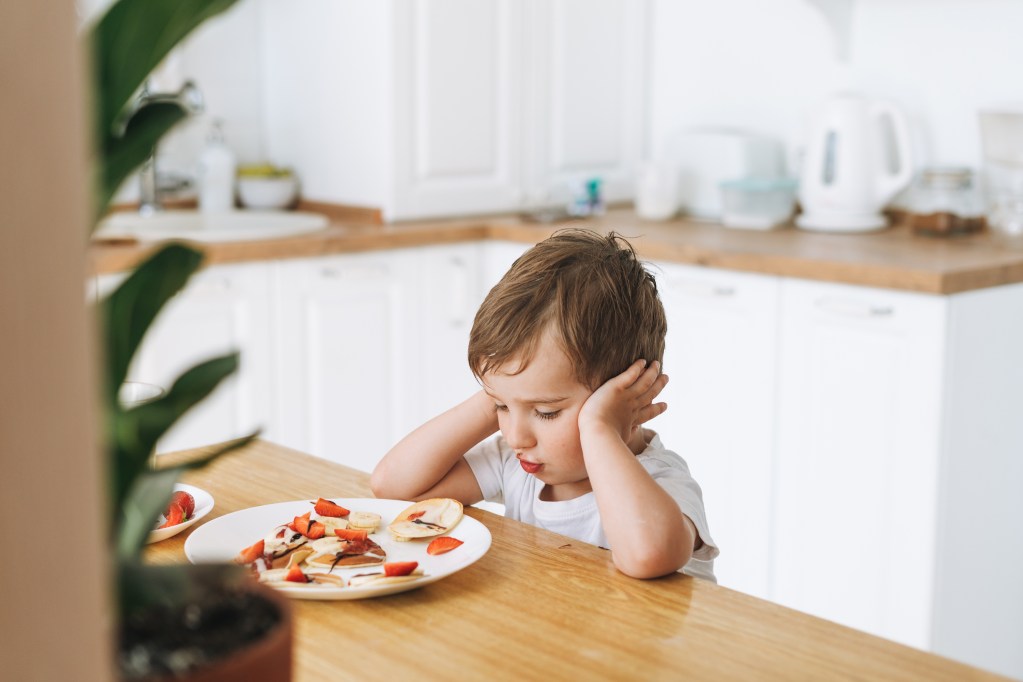
Disordered eating is a real issue for kids
A recent study found that approximately 1 in 5 children and adolescents exhibit signs of disordered eating with girls, older teens, and those with a higher BMI more at risk. “Disordered eating is a significant problem among children and adolescents, and early detection and intervention are crucial to prevent long-term health consequences,” study author Dr. José Francisco López-Gil told CNN.
Experts are hoping that by making parents and other adults aware of this issue as well as the signs of disordered eating and eating disorders they can identify any possible issues early and “develop strategies for prevention and intervention.”

What can I do to stop it?
Luckily, there are things you can do at home to help heal an unhealthy relationship with food. Even if your kid doesn’t seem “food-obsessed,” prevention is absolutely crucial because that unhealthy relationship with food can develop at any time. Here are four ways to help prevent food obsession in your children.
Don’t use eating as a reward
A good rule of thumb is to never use food or eating as a reward. For example, have you ever offered your child a dessert for behaving well while you’re out shopping? Or maybe you like to go out for ice cream to celebrate success at school or after a big game. While both of these examples come from the heart, they can do more harm than good. If you use food as a reward, your child might start to associate eating with a particular emotion, which is detrimental in the long run.
Watch your own eating habits
Whether you realize it or not, your kids look up to you as their role model. They’ll emulate your behavior and habits, including your eating habits, good or bad. If you usually eat a large bowl of ice cream after a long day at work, or if you often find yourself chowing down on a bag of chips during your favorite Monday night TV show, your child will notice and imitate that.
Ditch those sugary sodas
We all know soda isn’t good for us, but how bad is it exactly? Soda is chock-full of sugar. It’s a beverage that doesn’t contain any fiber, minerals, or vitamins. The sugar content in soda also rots the enamel of your teeth. Although it’s better to ditch them altogether, restricting soda can also cause an accidental food obsession. If your kiddos only want soda, consider only allowing one soda a week or when you eat out at a restaurant. Otherwise, encourage kids to drink milk and water. Sugary juices and sports drinks should be limited too.
Don’t ban all sweets
With the issues sugar causes, it may seem best to ban all treats. On the other hand, that’s arguably one of the worst things you can do. Often, banning all sweets only makes your child all the more desperate for a sugary treat. In other words, it has the opposite effect. Instead of banning desserts, try regulating them. Make sure you’re not feeding your child sweets every day and instead aim for every once in a while. When you do have dessert at your home, watch the portions, too. A little goes a long way, especially when it comes to sweet treats. Just like with soda, banning and restricting sweet treats can lead to a food obsession.
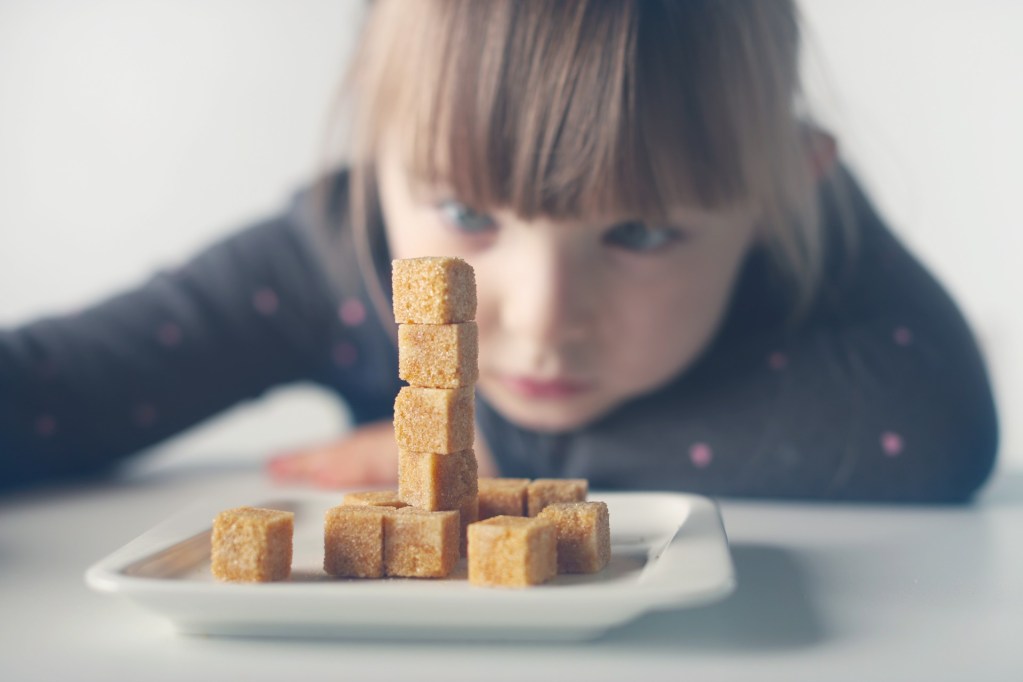
When to see a doctor
Although there are ways for you as a parent to help stop food obsession, sometimes a doctor needs to get involved. Usually, an obsession with food isn’t about the food at all. There’s often an emotional trigger such as stress, anxiety, depression, or even a grab for attention lurking underneath. Sometimes speaking to a professional can help you get to the bottom of things.
Checking in with your family doctor first is never a bad idea. Pediatricians can offer advice about healthy eating and physical activity, as well as provide further insight into toddlers obsessed with food or a food obsession with older children and teens. Both psychiatrists and your pediatrician can help you and your child get back on track with healthy eating habits.
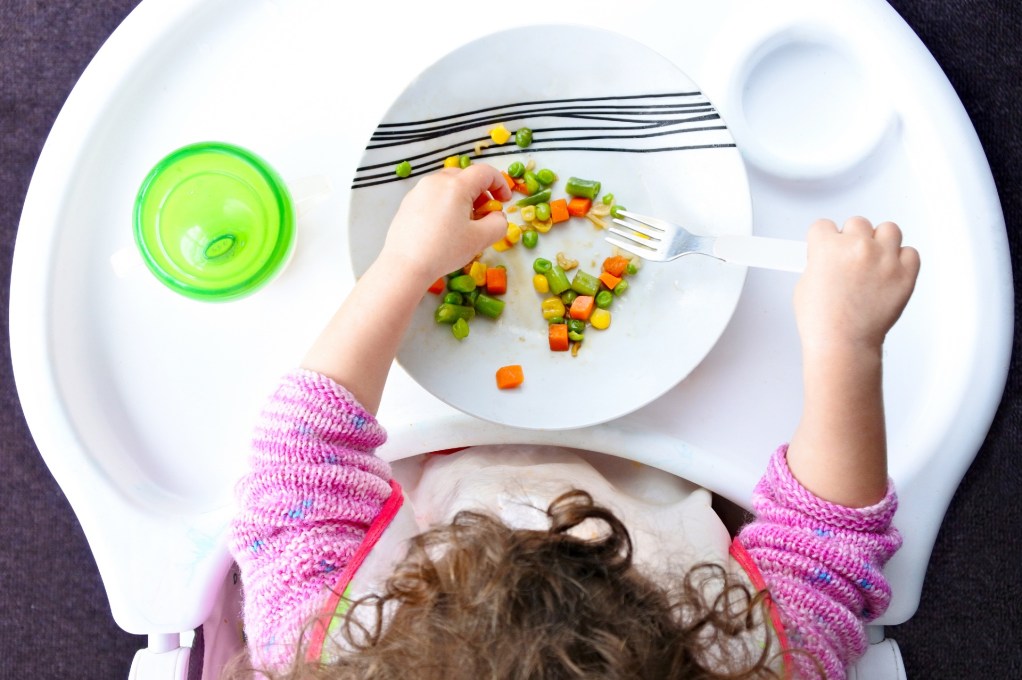
Helping kids’ obsession with food
A food obsession can strike at any age. Sometimes a food obsession can be as simple as boredom. Getting your kids involved in after-school activities can often be a cure. Other times, a food obsession has an underlying cause. The best defense against a food obsession is prevention. Remember to avoid using food as a reward or motivator and to watch your own eating habits. Banning all unhealthy foods can actually backfire. Sweet treats in moderation is actually a better strategy. If you suspect a food obsession, that can lead to an eating disorder, don’t hesitate to talk to your pediatrician. Developing a healthy relationship with food sets your child on the right track for a lifetime of better health.
Editors' Recommendations
- 25 creative journal prompts for kids
- Glass vs. plastic baby bottles: Here’s what doctors have to say
- These weight loss tips for teenagers really work and are good for their self-esteem
- Plan a great family road trip: The best aquariums in the U.S. for kids
- 12 birthday party ideas for 5-year-olds to have at home

